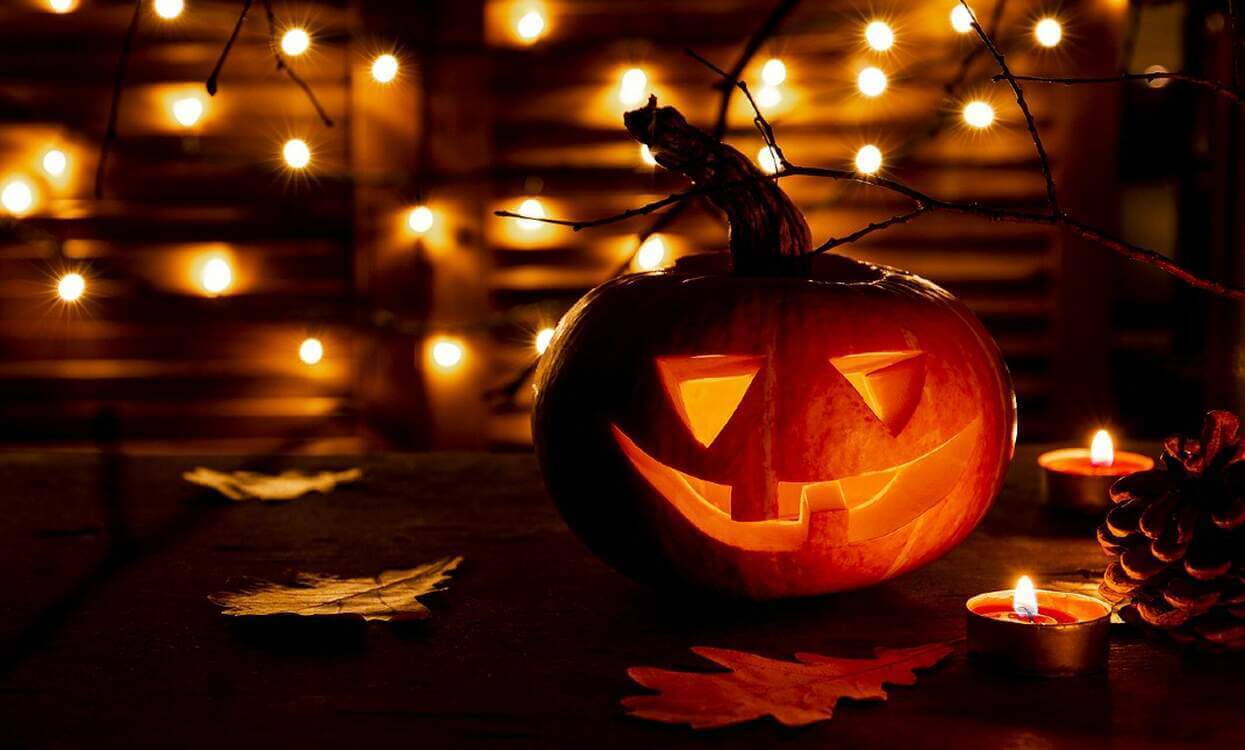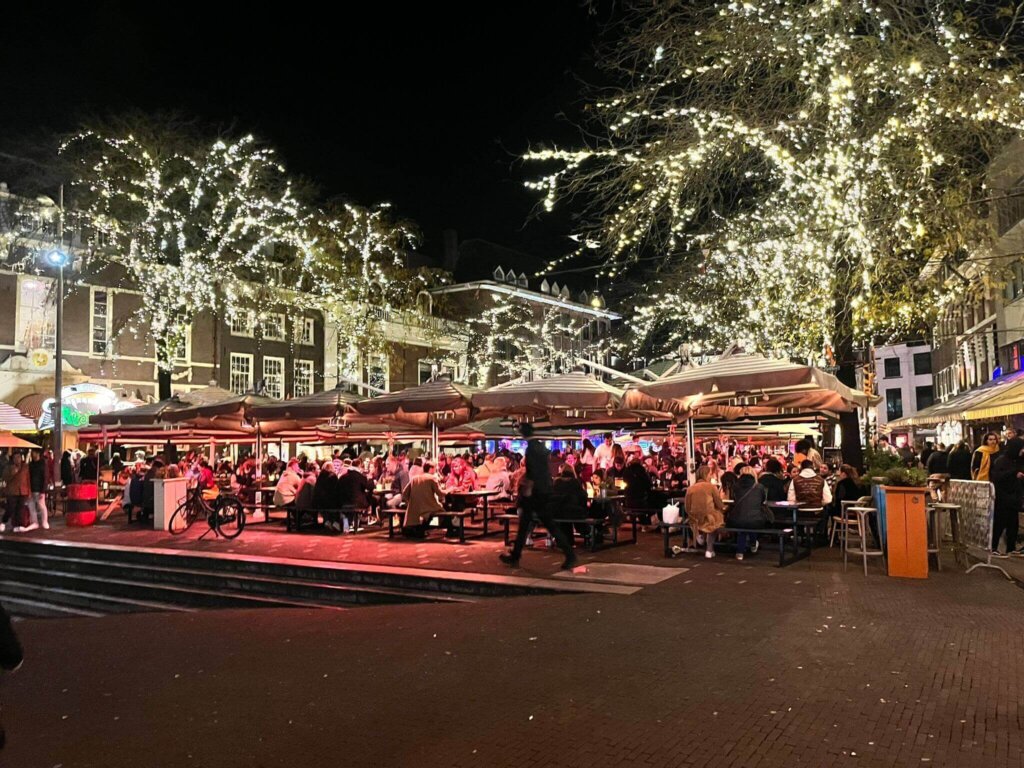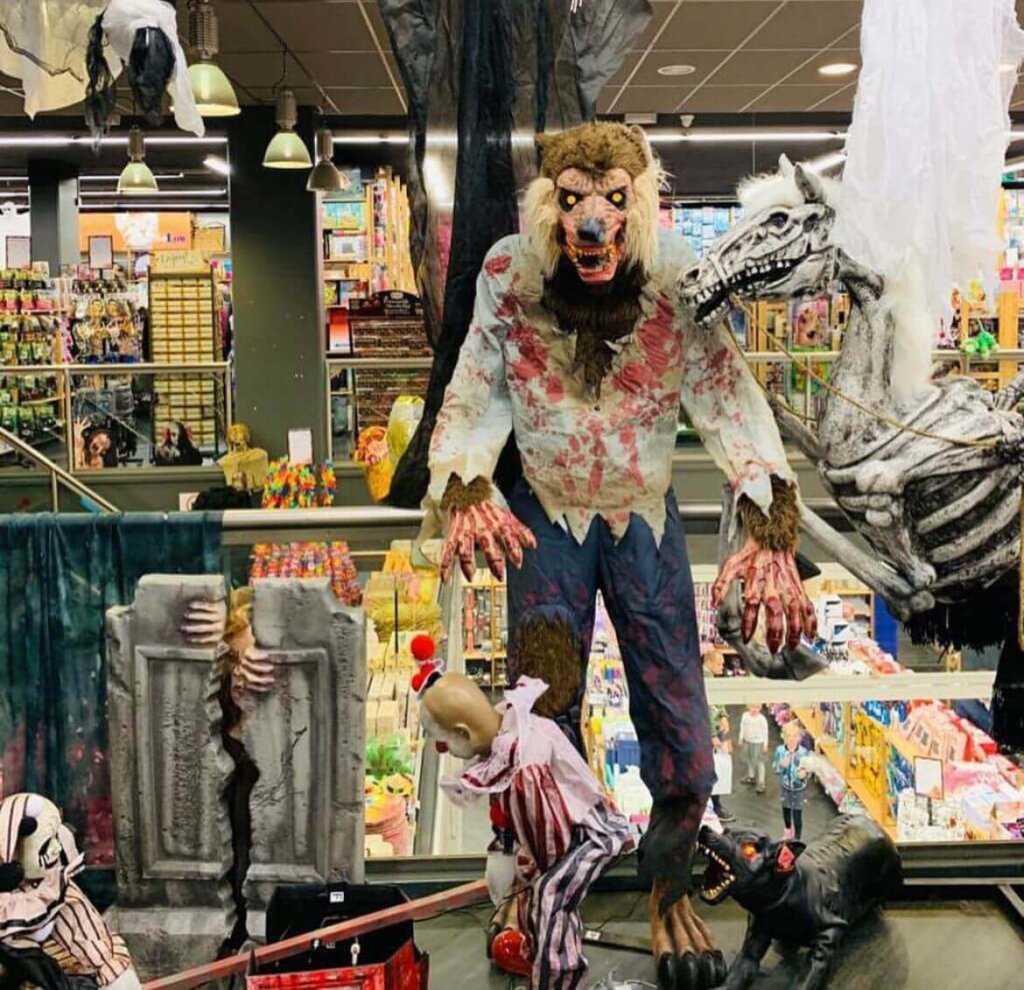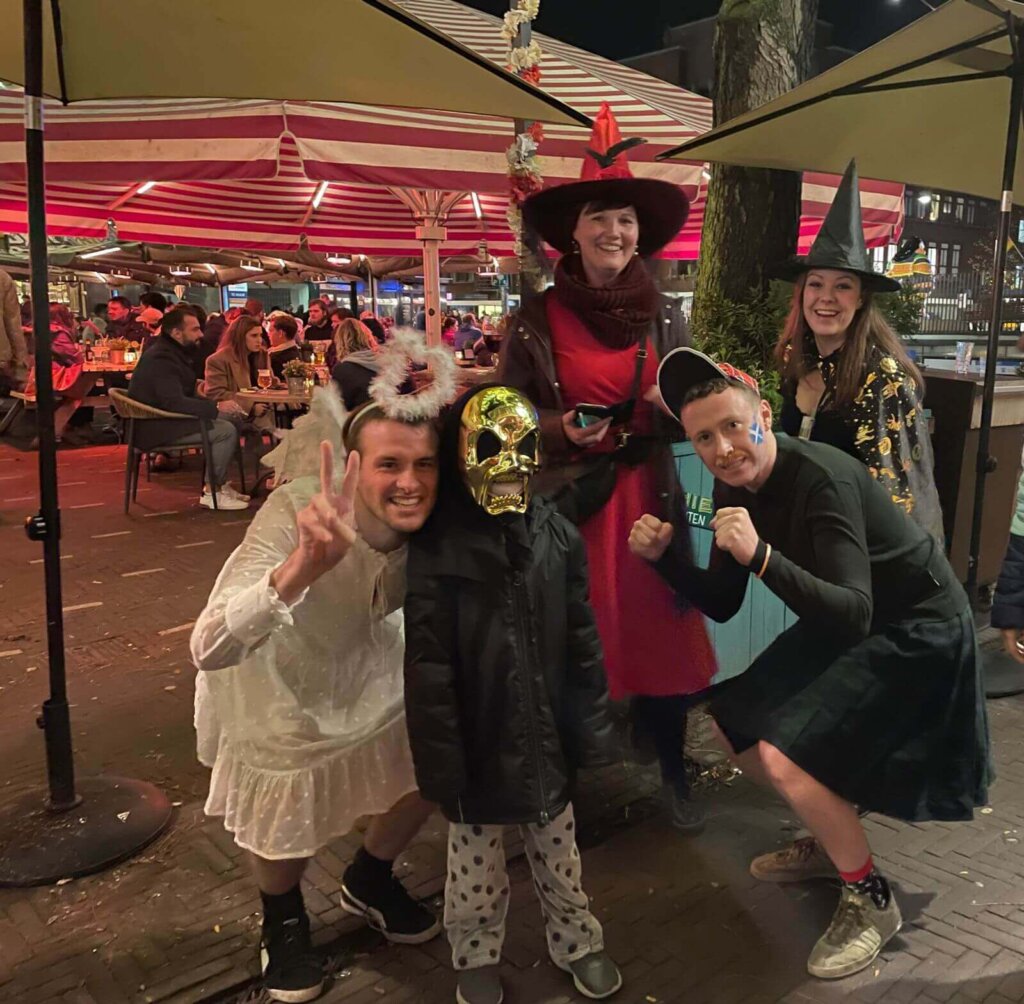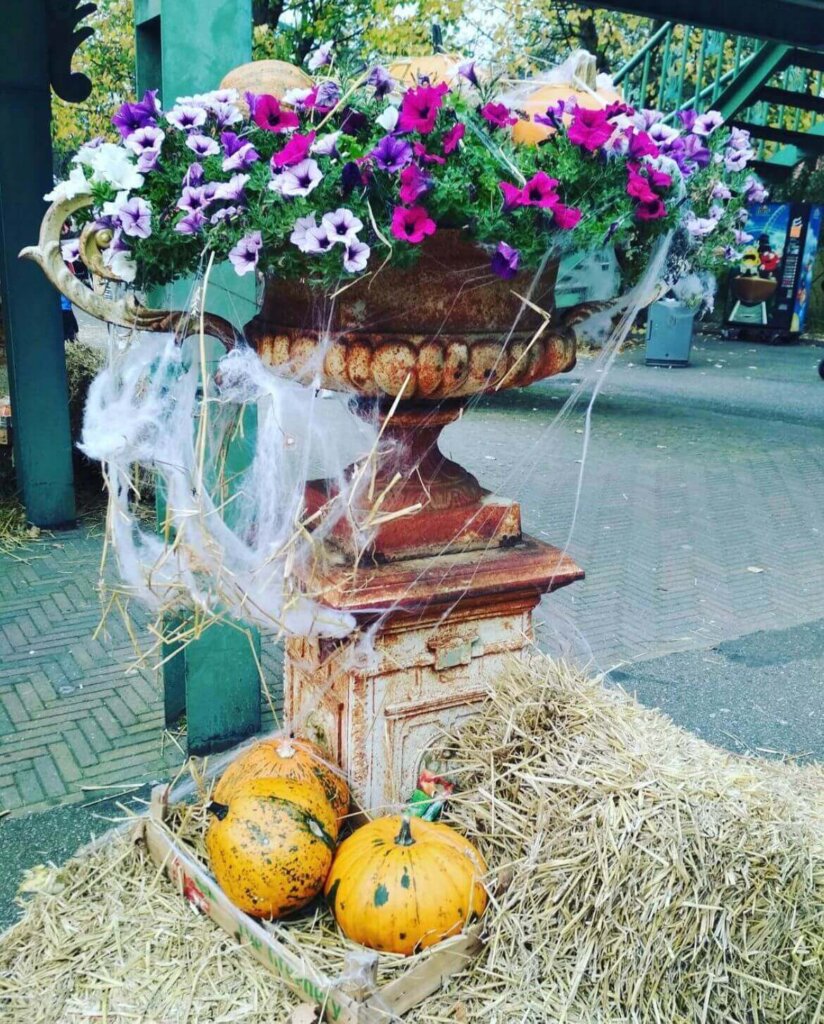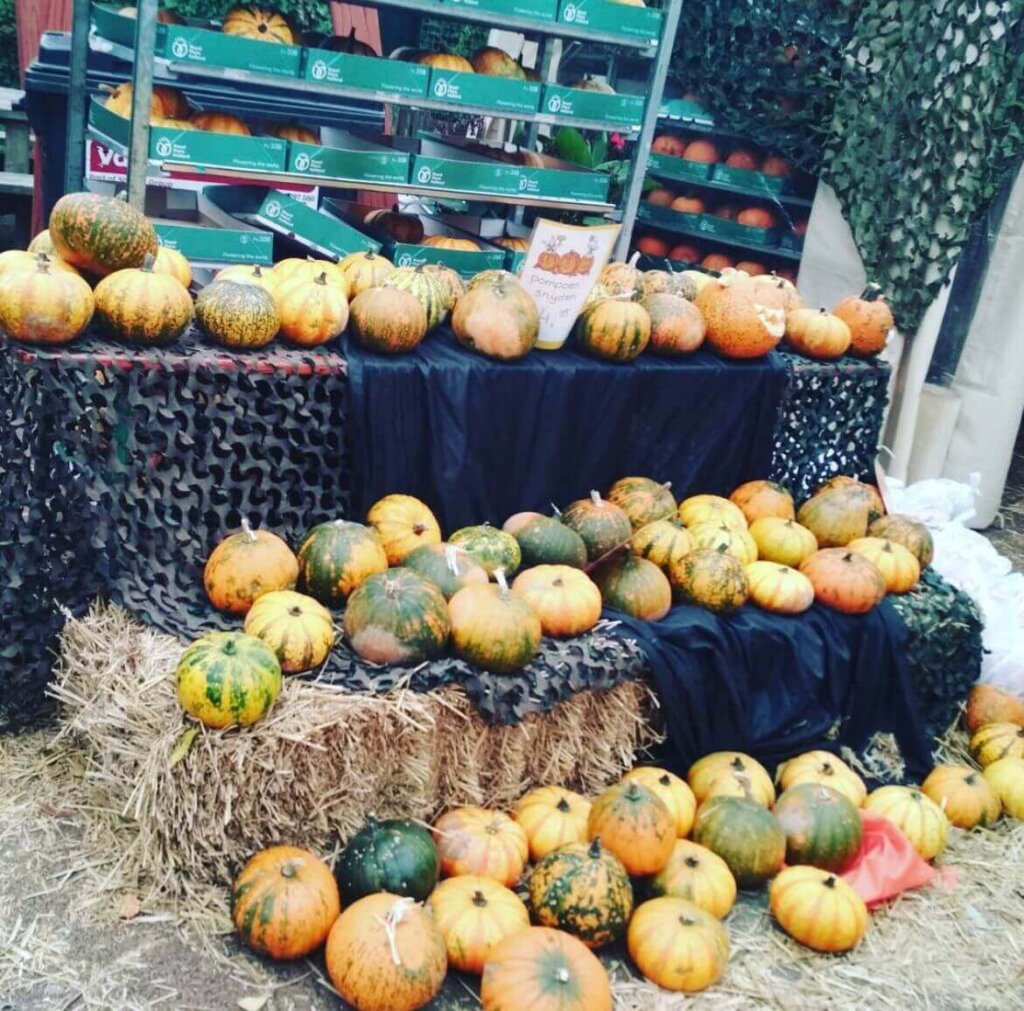The eve of All Saints Day was called All Hallows Eve which then came to be known as HALLOWEEN.
Halloween or Hallowe’en, also known as Allhalloween, All Hallows’ Eve, or All Saints’ Eve, is a celebration observed in many countries on 31 October, the eve of the Western Christian feast of All Hallows’ Day.
It begins the observance of Allhallowtide, the time in the liturgical year ( The liturgical year, also known as the church year or Christian year, as well as the kalendar) dedicated to remembering the dead, including saints (hallows), martyrs, and all the departed.
Halloween is thought to have roots in Christian beliefs and practices.

The name ‘Halloween’ comes from “All Hallows’ Eve”, being the evening before the Christian holy days of All Hallows’ Day (All Saints’ Day) on 1 November While Halloween in the Netherlands isn’t part of Dutch history, the night is really coming into its own.
Dutch stores stocking ghastly orange products around October, and even trick-or-treaters hitting the streets and decorate your house, and head to a truly spook-tacular party!
The tradition of donning a spooky attire was followed to keep ghosts away on 31 October.
The night of 31 October was believed to be the night when spirits from the other world visited the living world every year.
Trick-or-treating is a customary celebration for children on Halloween.
Children go in costume from house to house, asking for treats such as candy.
Halloween costumes were traditionally modeled after figures such as vampires, ghosts, skeletons, scary looking witches, and devils,popular characters from fiction, celebrities, and generic archetypes such as ninjas and princesses.
On All Hallows’ Eve, many Western Christian denominations encourage abstinence from meat, giving rise to a variety of vegetarian foods associated with this day
Whether you’re out, staying, dressing up, going to church, lighting a candle, carving pumpkins or watching horror movies at home, The Free Media team wishes you a spooky (and safe) Halloween!

